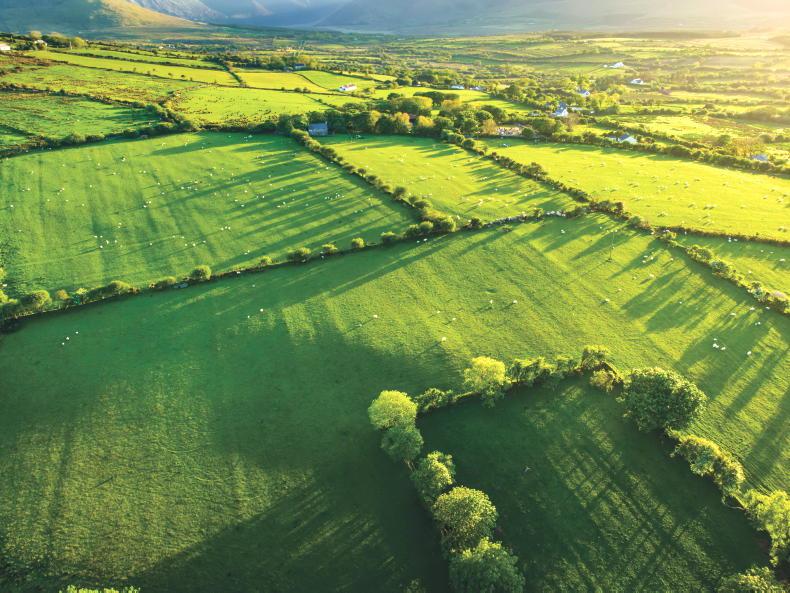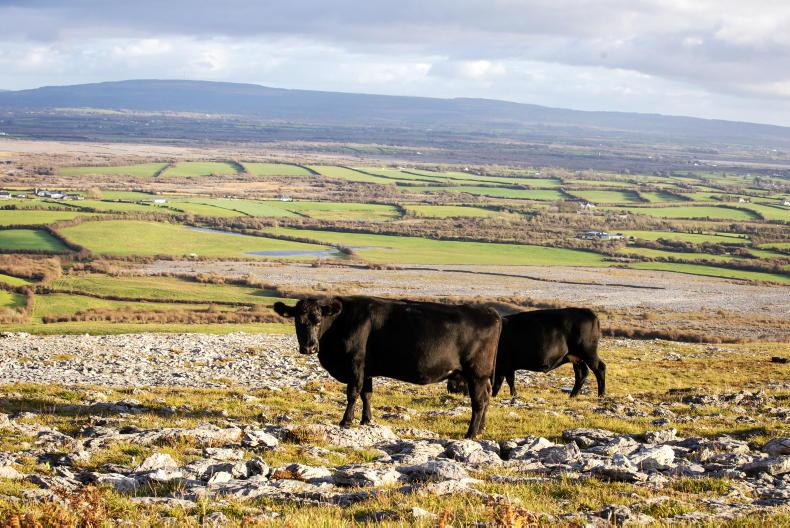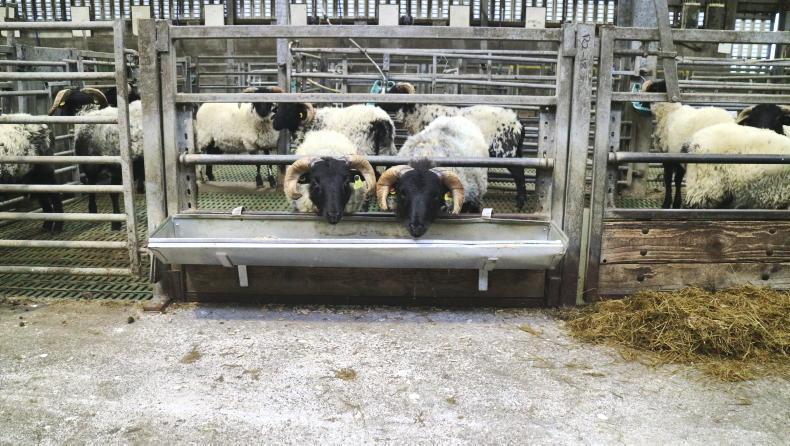Teagasc has launched a new five-year programme, which is described as the first of its kind in Europe and aims to help farmers meet future sustainability challenges.
The Signpost programme will see 100 farmers and over 40 industry partners join forces to tackle challenges ahead for the agricultural sector, according to Liam Herlihy, chair of the Teagasc authority.
An Taoiseach, Michéal Martin, spoke at the programme's launch and while describing agriculture as this country's most important indigenous industry, he commented that: "Farming is uniquely placed to be part of the solution to the climate crisis as both an emissions source and sink."
He added that farmers need to be supported to increase carbon storage in our soils and noted that the Signpost programme will provide important information on carbon storage in soils and hedgerows.
Climate change
The Signpost programme will fulfil one of the actions of Ag Climatise, which aims to establish a network of exemplar farms working to tackle climate change while remaining economically resilient. The programme will allow the science to be rolled out on farms and brought to the wider community.
Speaking at the launch Minister for Agriculture, Food and the Marine, Charlie McConologue, stated: "As an industry farming has consistently embraced change.
"This is an innovative and ground-up programme that I know will lead to tremendous benefit for farmers, the wider sector and society as a whole.
"The commitment by the Signpost programme farmers and partners to work with all farmers to enable them to make the changes needed to achieve our climate goals is significant. I believe that farmers are in the best position to manage land for future environmental benefits."
Key objectives of the programme include:
To lead and support the transition of Irish farming towards more sustainable farming systems.To reduce agricultural emissions.To reduce greenhouse gas emissions to the range of 17.5-19MtCO2 by 2030.To reduce ammonia emissions by 5% below 2005 levels, currently estimated at 107.5kT NH3, also by 2030.To reduce other negative environmental impacts of agriculture, specifically, to improve water quality and to improve biodiversity.To reduce costs and improve margins from farming.
Teagasc has launched a new five-year programme, which is described as the first of its kind in Europe and aims to help farmers meet future sustainability challenges.
The Signpost programme will see 100 farmers and over 40 industry partners join forces to tackle challenges ahead for the agricultural sector, according to Liam Herlihy, chair of the Teagasc authority.
An Taoiseach, Michéal Martin, spoke at the programme's launch and while describing agriculture as this country's most important indigenous industry, he commented that: "Farming is uniquely placed to be part of the solution to the climate crisis as both an emissions source and sink."
He added that farmers need to be supported to increase carbon storage in our soils and noted that the Signpost programme will provide important information on carbon storage in soils and hedgerows.
Climate change
The Signpost programme will fulfil one of the actions of Ag Climatise, which aims to establish a network of exemplar farms working to tackle climate change while remaining economically resilient. The programme will allow the science to be rolled out on farms and brought to the wider community.
Speaking at the launch Minister for Agriculture, Food and the Marine, Charlie McConologue, stated: "As an industry farming has consistently embraced change.
"This is an innovative and ground-up programme that I know will lead to tremendous benefit for farmers, the wider sector and society as a whole.
"The commitment by the Signpost programme farmers and partners to work with all farmers to enable them to make the changes needed to achieve our climate goals is significant. I believe that farmers are in the best position to manage land for future environmental benefits."
Key objectives of the programme include:
To lead and support the transition of Irish farming towards more sustainable farming systems.To reduce agricultural emissions.To reduce greenhouse gas emissions to the range of 17.5-19MtCO2 by 2030.To reduce ammonia emissions by 5% below 2005 levels, currently estimated at 107.5kT NH3, also by 2030.To reduce other negative environmental impacts of agriculture, specifically, to improve water quality and to improve biodiversity.To reduce costs and improve margins from farming.









SHARING OPTIONS